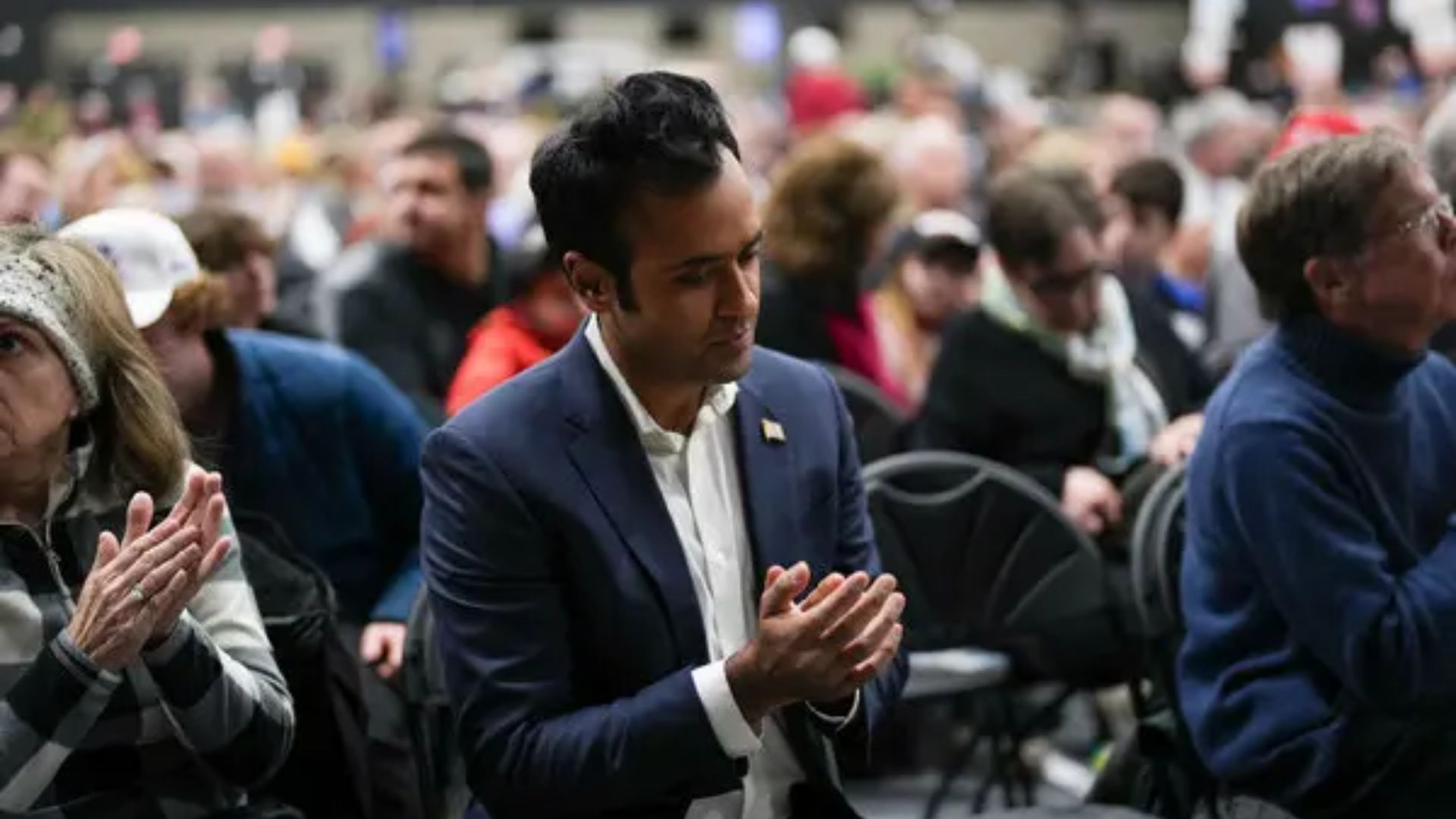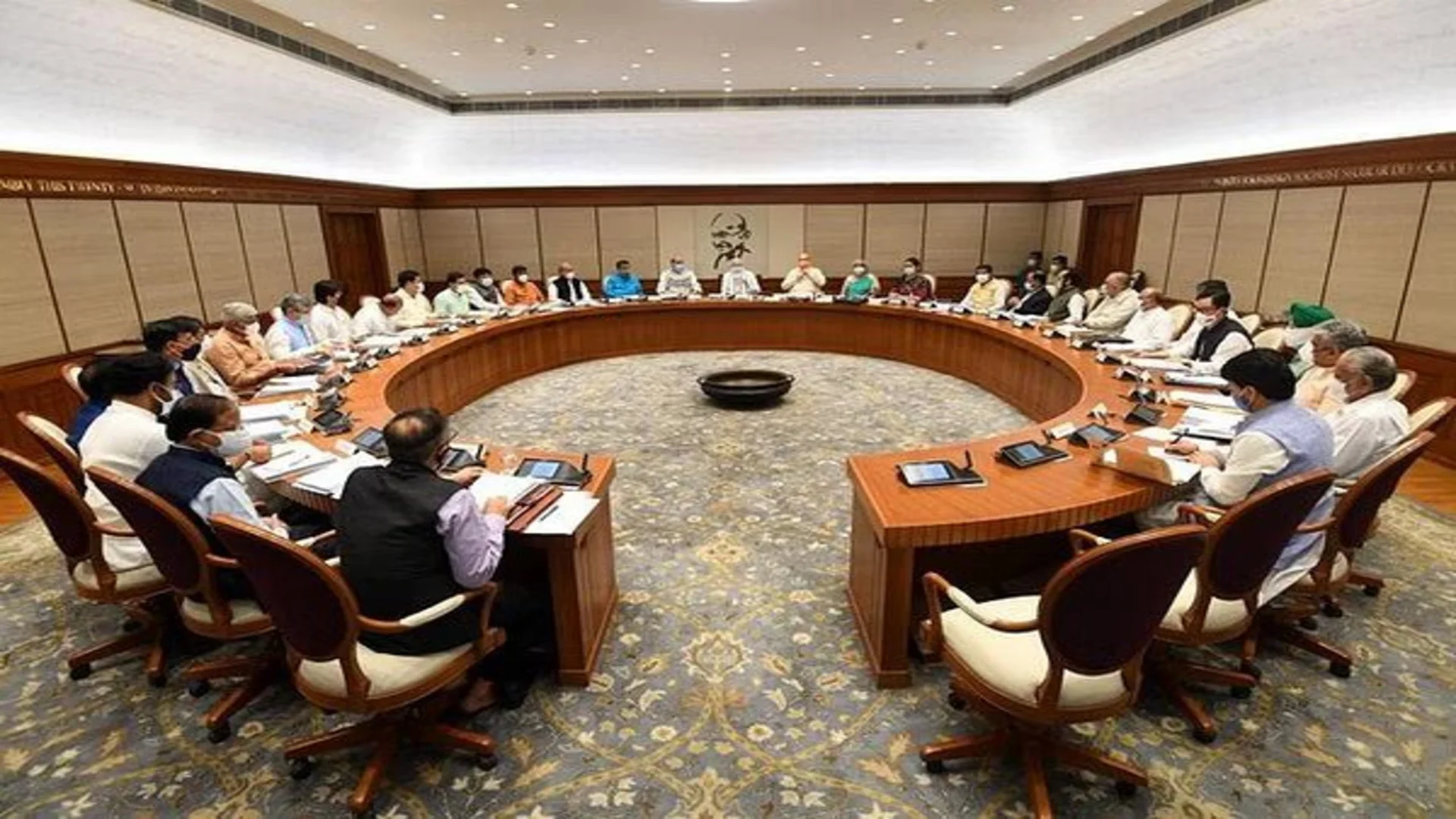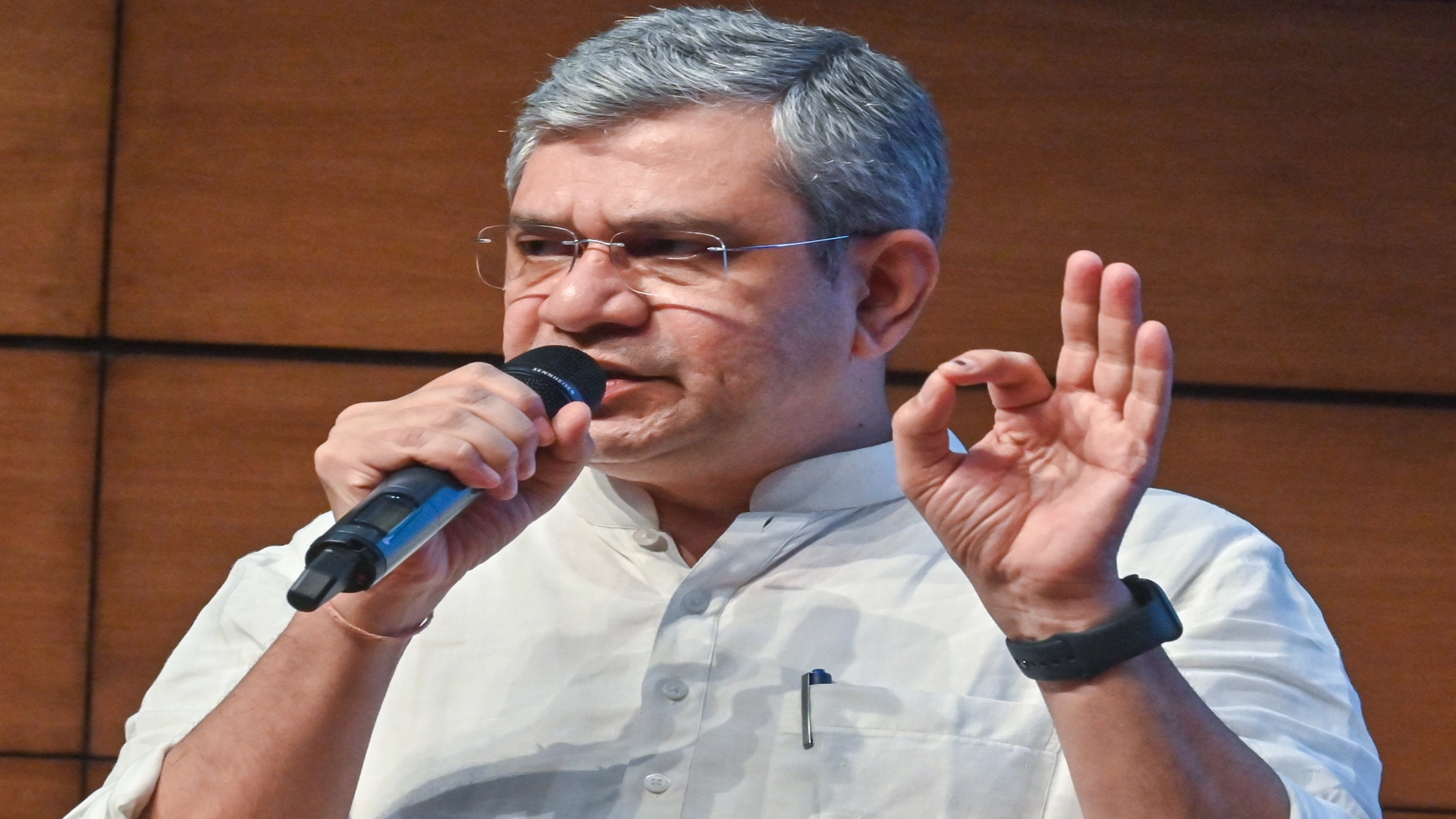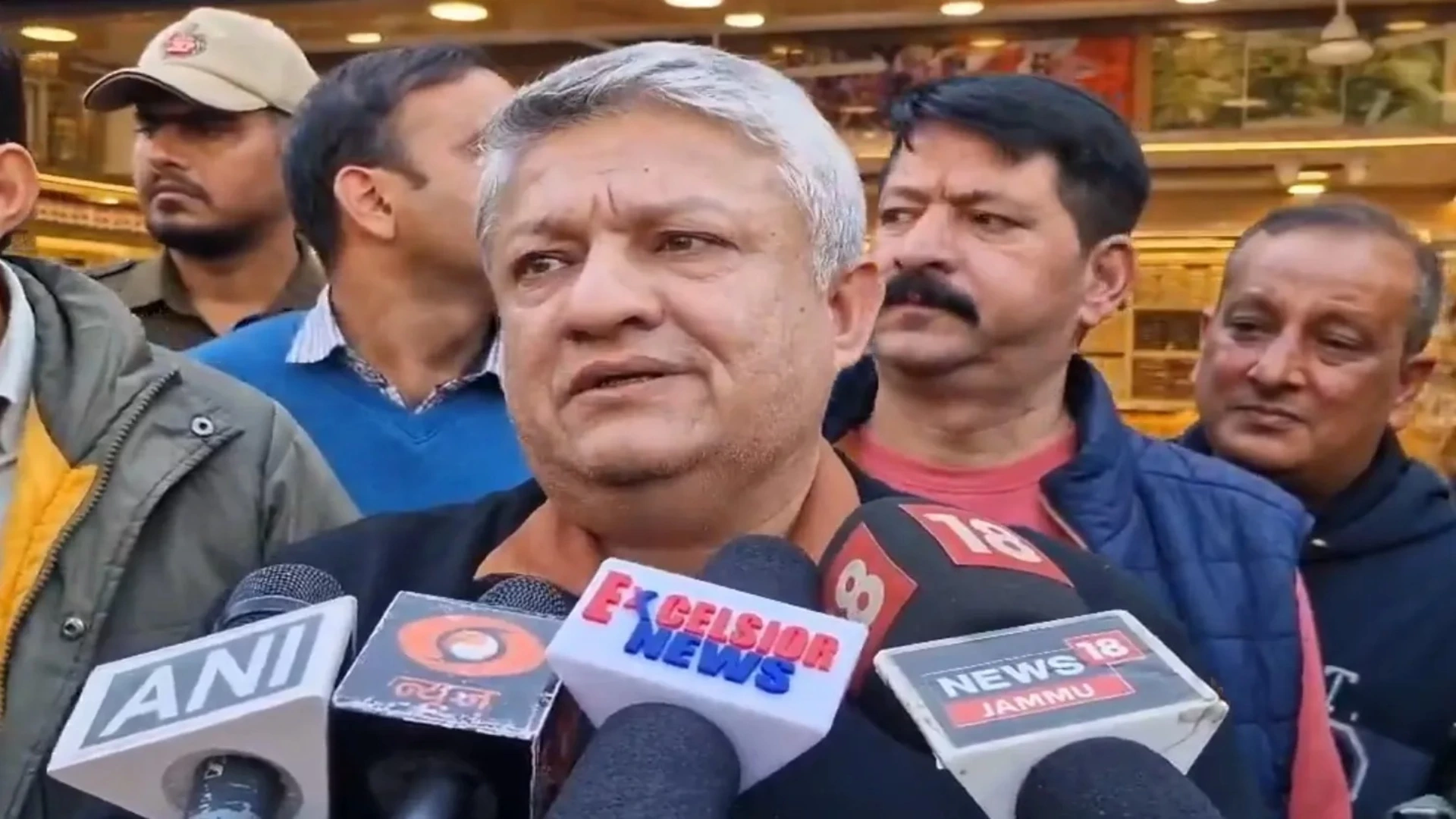
Vivek Ramaswamy, a 38-year-old entrepreneur and political novice, exited the race for the Republican White House nomination following a disappointing fourth-place finish in the Iowa caucuses. Despite initially being an improbable contender, he withdrew and promptly threw his support behind former President Donald J. Trump.
In Des Moines on Monday night, Ramaswamy conceded, stating, “We did not achieve the surprise that we wanted to deliver tonight.” Having financed a significant portion of his campaign with personal wealth accumulated in biotechnology and finance, Ramaswamy’s association with Trump was notable. He pledged unwavering support for Trump, even in the event of criminal convictions, and vowed to pardon him if elected. Ramaswamy went as far as expressing willingness to remove his name from ballots in states where Trump faced disqualification as an “insurrectionist” under the Constitution.
However, just two days before the Iowa caucuses, Trump’s campaign disavowed Ramaswamy, labeling him a fraud. Despite months of apparent camaraderie, Trump urged voters to reject Ramaswamy. In response, Ramaswamy embraced increasingly extreme conspiracy theories, alleging a nefarious “system” aimed at preventing Trump’s return to power and orchestrating the Capitol attack as an “inside job” by federal law enforcement. He also propagated the false “replacement” theory, claiming Democrats were importing immigrants to replace white people.
Ramaswamy, a Harvard-educated candidate, initially asserted his superior understanding of the Constitution and civil service laws, vowing to advance Trump’s America First agenda. His proposals included the immediate elimination of the Department of Education, FBI, and IRS through executive order, along with a 75 percent reduction in the federal workforce via mass layoffs without congressional approval. Additionally, he advocated for a withdrawal of U.S. military commitments, beginning with Ukraine and eventually including Israel and Taiwan.
While his isolationist foreign policy became a target for criticism, Ramaswamy’s grim portrayal of millennial and Generation Z voters, depicting them as “starved for purpose, meaning, and identity,” resonated surprisingly well with older voters.















